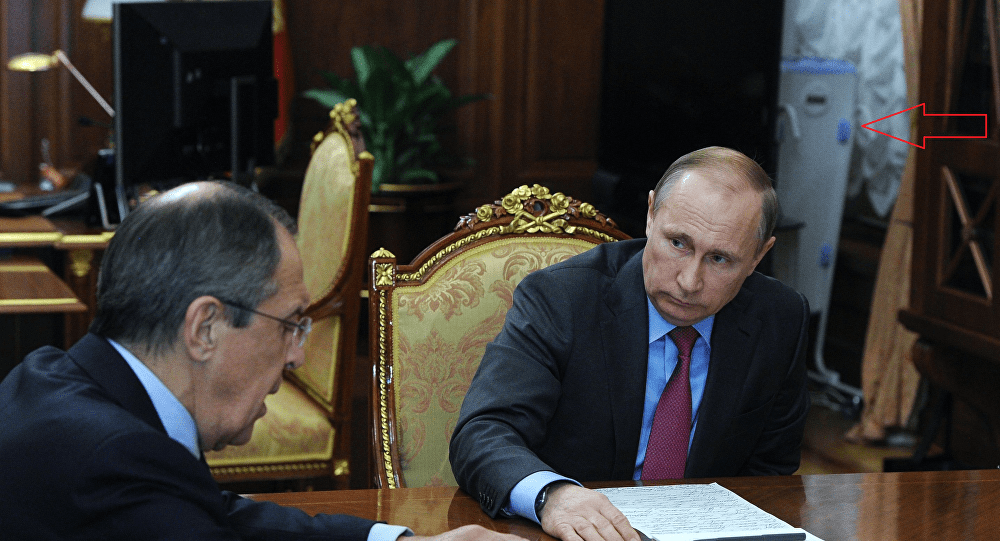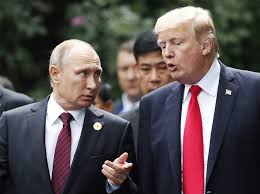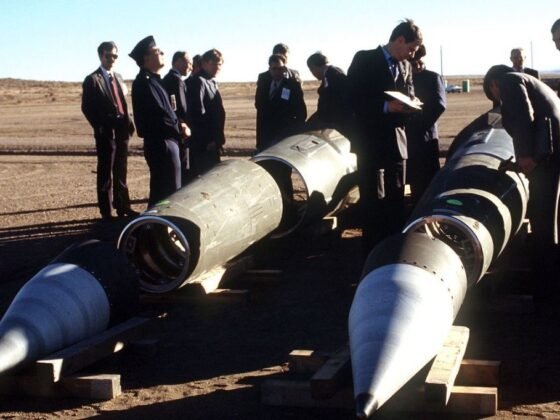(WP) It’s a foregone conclusion that Vladimir Putin will win Russia’s March 2018 presidential elections, so why is the Kremlin fretting about turnout? And how is Russia’s big business supposed to help get people to vote? Here’s what’s going on.
Russia’s Central Election Commission is expected to formally kick off the campaign season sometime in mid-December, and Putin will probably declare his candidacy shortly afterward. But Russia under Vladimir Putin is not a democracy. The Constitutional Court has deemed the country’s best-known opposition figure, Alexei Navalny, ineligible to register for the coming March 2018 election, citing two controversial financial-crimes convictions. The European Court of Human Rights ruled that both decisions were arbitrary and unreasonable. […]
In his book “Patronal Politics,” Henry Hale points out that authoritarian regimes deploy every available resource to dominate elections, even when opposition candidates would not win a free and fair contest. Competitive, if unfair, elections send a potent message about the power of incumbent regimes. […]
The Kremlin has high turnout goals for 2018 … The “great power of expectations,” as Hale labels this phenomenon, drives Russian politics — and the Putin regime has set a high bar for itself. Last year, the Kremlin’s top political technologists established a “70 at 70” objective for Putin’s reelection in March 2018 — 70 percent of the vote with 70 percent turnout. In a recent interview, Russian political expert Tatyana Stanovaya remarked, “Putin just needs to be elected quietly and quickly, without fuss, with good turnout, and a good result.”
– – – – – –
Putin’s regime represents what Steven Levitsky and Lucan Way term “competitive authoritarianism.” Elections in hybrid systems like Russia are not designed to determine who rules, but rather to signal the regime’s power and resilience to potential challengers. […]
Read More © Washington Post (Monkey Cage blog)











